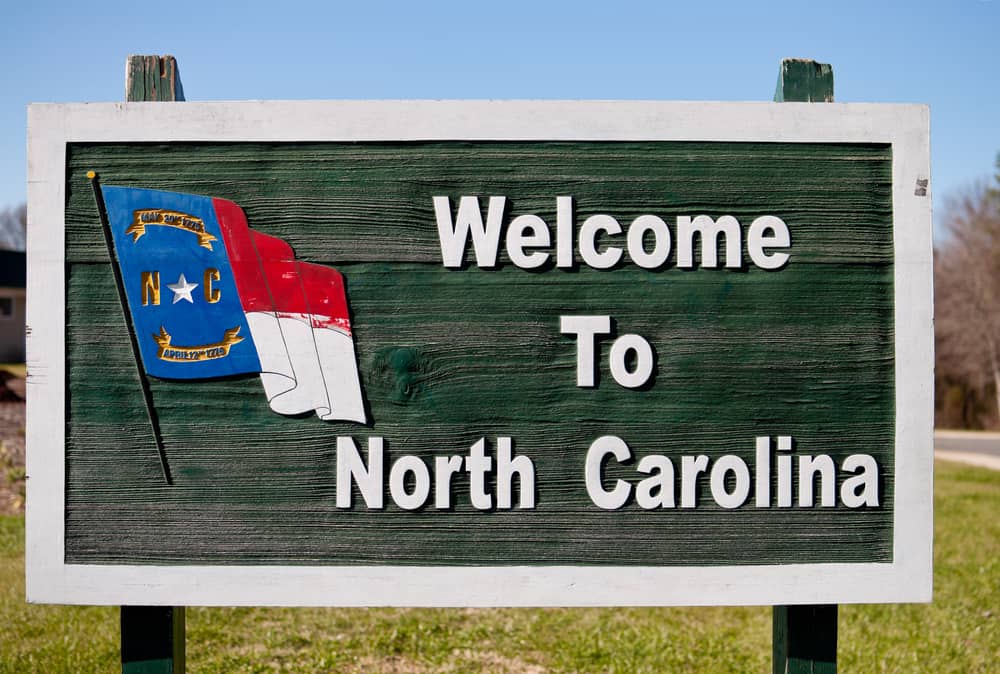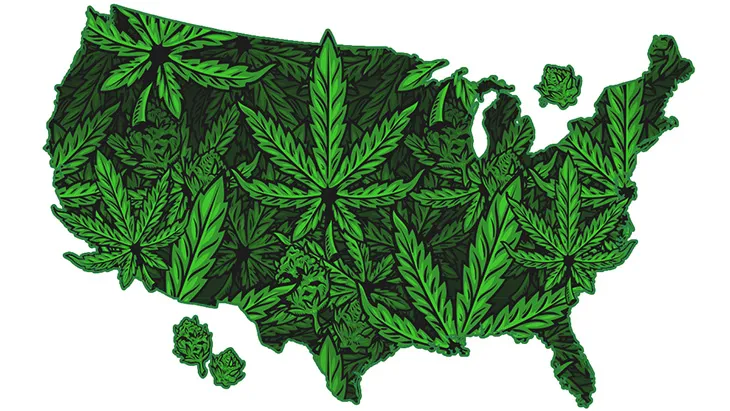Contents
Understanding Delta-9 THC
Delta-9 THC is a cannabinoid that occurs naturally in the hemp plant and the marijuana plant. Its chemical structure is responsible for its psychoactive effects on the human body. Unlike CBD, another well-known cannabinoid, Delta-9 THC has a psychoactive nature that may lead to intoxication. However, Delta-9 THC is not the only psychoactive cannabinoid; Delta-8 THC and Delta-10 THC are also present in cannabis, each with their distinct effects and legal implications.
When consumed, Delta-9 THC interacts with the body’s endocannabinoid system, leading to various effects such as relaxation, euphoria, increased appetite, and altered perception. While some individuals may seek these effects for recreational purposes, others may use Delta-9 THC products for potential health benefits. However, it is essential to be aware of the risks associated with its use, especially in high doses, which may lead to anxiety or impaired cognitive function.
Federal Legal Status of Delta-9 THC
On a federal level, the Controlled Substances Act classifies Delta-9 THC as a Schedule I controlled substance, meaning it is considered illegal. However, the 2018 Farm Bill brought significant changes to the legality of hemp and hemp-derived products, including those containing less than 0.3% Delta-9 THC. This legislative change effectively legalized hemp and allowed for the production and sale of hemp-derived Delta-9 THC products under certain conditions.
The Drug Enforcement Administration (DEA) plays a crucial role in regulating the cultivation, distribution, and sale of Delta-9 THC products, particularly those with higher THC concentrations. This ensures that businesses comply with federal guidelines and prevents the unauthorized use of marijuana, which remains illegal at the federal level.
North Carolina Cannabis Laws

In North Carolina, the legal distinction between marijuana and hemp is based on THC content. Marijuana contains higher levels of Delta-9 THC, making it illegal for recreational use. On the other hand, hemp contains less than 0.3% Delta-9 THC, making it legal under both federal and state law. The state has made strides in exploring the potential benefits of medical cannabis, but as of now, medical marijuana remains illegal in NC, except for specific medical CBD products that adhere to state guidelines.
Delta-9 THC and Hemp-derived Products
Given the federal legalization of hemp and hemp-derived products containing less than 0.3% Delta-9 THC, the production and sale of hemp delta-9 products are legal in North Carolina. However, businesses must comply with THC concentration limits, ensuring their products do not exceed the legal threshold.
Certificate of Analysis (COA) plays a vital role in this process, as it verifies the THC content in hemp products. Consumers and businesses can refer to COAs to ensure their products adhere to legal limits and do not contain illegal levels of Delta-9 THC.
Criminal Penalties and Possession Limits
While hemp-derived Delta-9 THC products are legal in North Carolina, possessing Delta-9 THC products that exceed the legal THC limit or are non-hemp-derived can lead to legal consequences. Possession of illegal Delta-9 THC products can result in criminal penalties, depending on the amount and the individual’s intent (personal use vs. distribution).
North Carolinians should be aware of the maximum allowable amount of Delta-9 THC they can possess legally, ensuring they stay within the confines of state law.
Licensing and Regulation of Delta-9 THC in NC
Businesses looking to sell Delta-9 THC products must adhere to licensing and regulatory requirements set forth by North Carolina. Obtaining the necessary licenses to cultivate, process, and sell hemp and hemp-derived products is essential for compliance with state law.
Additionally, businesses must comply with labeling and packaging regulations to ensure that consumers are well-informed about the product they are purchasing. Proper labeling also helps prevent accidental misuse and ensures consumer safety.
Potential Changes in Delta-9 THC Laws
As with any evolving industry, the legal landscape surrounding Delta-9 THC is subject to change. There may be pending or proposed legislation that could impact the legality of Delta-9 THC in North Carolina. Public opinion and advocacy efforts can also influence potential changes to the current laws. Moreover, changes to federal laws could have a cascading effect on North Carolina’s regulations regarding Delta-9 THC.
Conclusion
In conclusion, the legal status of Delta-9 THC in North Carolina is complex and interconnected with both federal and state laws. While hemp-derived Delta-9 THC products are legal, individuals and businesses must be diligent in adhering to THC concentration limits and licensing requirements. Public opinion and legislative changes may further shape the future outlook of Delta-9 THC laws in the state. As the cannabis industry continues to grow, staying informed about the latest regulations is essential for those engaging with Delta-9 THC products in North Carolina.
